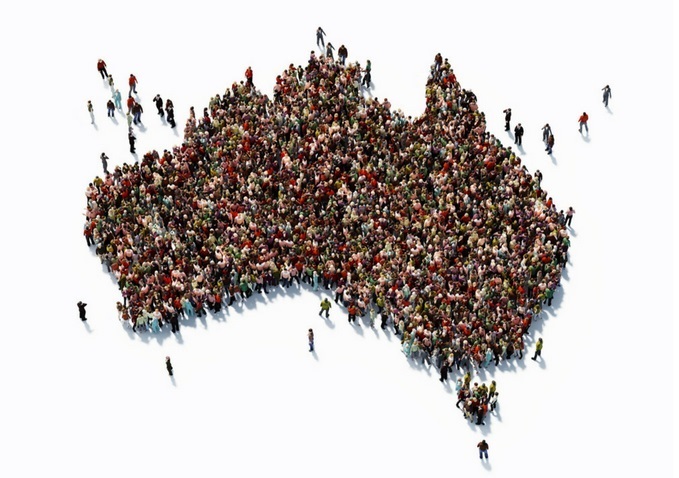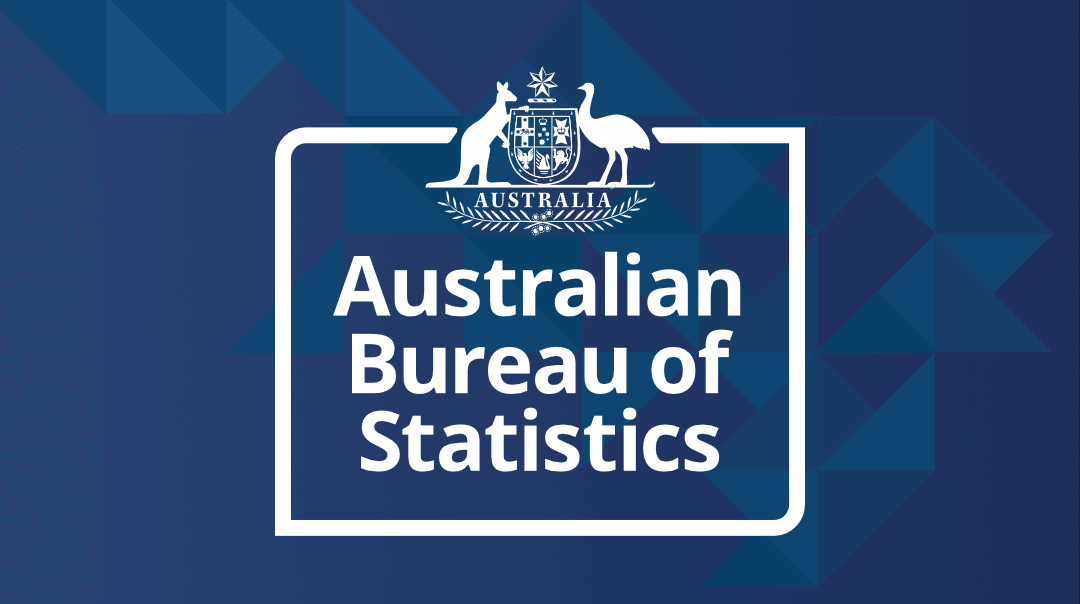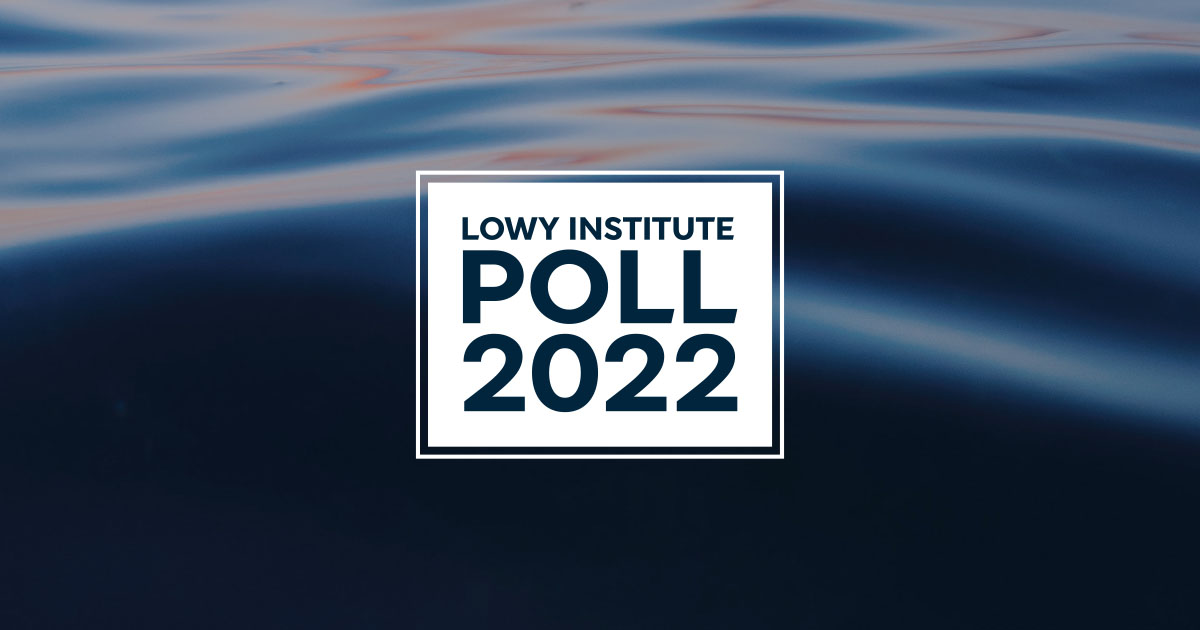
by Justin Burke
New Surveys Paint Picture of Contemporary Australia
Digital Snapshot #14/22
7 July 2022
A potpourri of current affairs topics from Australia, New Zealand and the South Pacific brought to you by KAS Australia and the Pacific. The weekly digital snapshot showcases selected media and think tank articles to provide a panorama view and analysis of the debate in these countries.
Disclaimer: The views expressed in these articles do not necessarily reflect KAS Australia’s position. Rather, they have been selected to present an overview of the various topics and perspectives which have been dominating the public and political debate in Australia and the Pacific region.
The Australian Bureau of Statistics (ABS) recently released the first results of its five-yearly survey of residents, which reveals a nation more diverse, more urban and less religious than ever before. These insights will serve as inputs to policy and also yardsticks for community expectations about representation in public life. It comes as one of Australia’s leading think tanks – the Lowy Institute – released its latest poll of Australian attitudes on foreign affairs.
Australia experiences some of the highest rates of immigration in the world, welcoming another one million people since the last survey in 2017 (out of a total population of slightly more than 25 million), although this slowed dramatically during the 2020-21 period due to the COVID-19 pandemic. Now almost 50% of Australians reported having a parent born overseas, up 10% over the past three decades. After the UK, India has now overtaken China and New Zealand to become the third largest overseas country of birth for Australian residents. More than 3% of the Australian population now identifies as Indigenous (Aboriginal or Torres Strait Islander), up from 2.8% in the last survey reflecting both natural increase and higher rates of self-identification, though statisticians have argued this could be undercounted by as much as 17%.
Australians continue to live in capital cities versus rural and regional locations at a rate of 2:1 and slowly rising. Across the last 20 years, the percentage of outright home ownership has fallen from 40 to 31%, with those repaying a mortgage rising from 25 to 35%, suggesting a significantly greater part of the population will experience the pain of increasing official interest rates.
In 2001, more than two thirds of respondents described themselves as Christian, and just 15% as “no religion”; in 2021, they have almost converged, with just 43% identifying as Christian and 39% as “no religion”.
Somewhat controversially, the ABS did not ask questions on gender identity and sexual orientation, merely whether respondents identified as “male”, “female” or “non-binary”, and also declining to release a non-binary sex count in the first release data. While they have committed to analyse the comments written alongside the question, campaigners have argued that the ABS needs to take steps to count LGBTQI+ people in the census, like countries such as New Zealand, Canada and the UK.
Also last week, the Lowy Institute in Sydney published its long running poll of Australian attitudes to foreign countries, leaders and issues.
According to the results from over 2000 respondents, more than half (55%) said the rise of authoritarian systems of government around the world poses a critical threat, a 14-point increase since 2020.
Since Russia’s invasion of Ukraine only 5% of Australians say they trust Russia “somewhat” or “a great deal” to act responsibly in the world, a 21-point fall from 2021. A small fraction of Australians (6%) say they have “a lot” or “some” confidence in Russia’s President Vladimir Putin to do the right thing regarding world affairs, a ten-point decline since 2021. Seven in ten Australians (68%) say Russia’s foreign policy poses “a critical threat” to the vital interests of Australia in the next ten years, up 36 points since 2017.
Just one in ten (12%) trusts China, a 40-point decrease since 2018. Only 11% have confidence in China’s President Xi Jinping. And the majority of Australians (65%) see China’s foreign policy as a critical threat, up 29 points from 2017. A slim majority of Australians (51%) say they would be in favour of using the Australian military “if China invaded Taiwan and the United States decided to intervene”, an increase of eight points since 2019. In a separate but very recent poll, 88% said they were “somewhat concerned” or “very concerned” about China potentially opening a military base in a Pacific Island country.
A slim majority of Australians say the Quad, a partnership between Australia, India, Japan and the United States, will make Australia (53%) and our region (52%) safer. Again, a slim majority of Australians (52%) say AUKUS, the trilateral security partnership between Australia, the United Kingdom and the United States, will make Australia safer, and seven in ten Australians (70%) are “strongly” or “somewhat” in favour of Australia’s plan to acquire nuclear-powered submarines.
In other issues, six in ten Australians (60%) say “global warming is a serious and pressing problem” about which “we should begin taking steps now even if this involves significant costs”. Almost all Australians are in favour of providing aid to the Pacific for disaster relief (93%), Covid-19 vaccines (86%) and for long-term economic development (84%).
While Germany and Chancellor Scholtz did not specifically feature in the poll, Australians feelings towards the European Union registered 62 degrees on the “feelings thermometer”, a measurement of Australians’ perceptions about countries, territories and institutions on a scale from 0 (coldest feelings) to 100 (warmest feelings).



